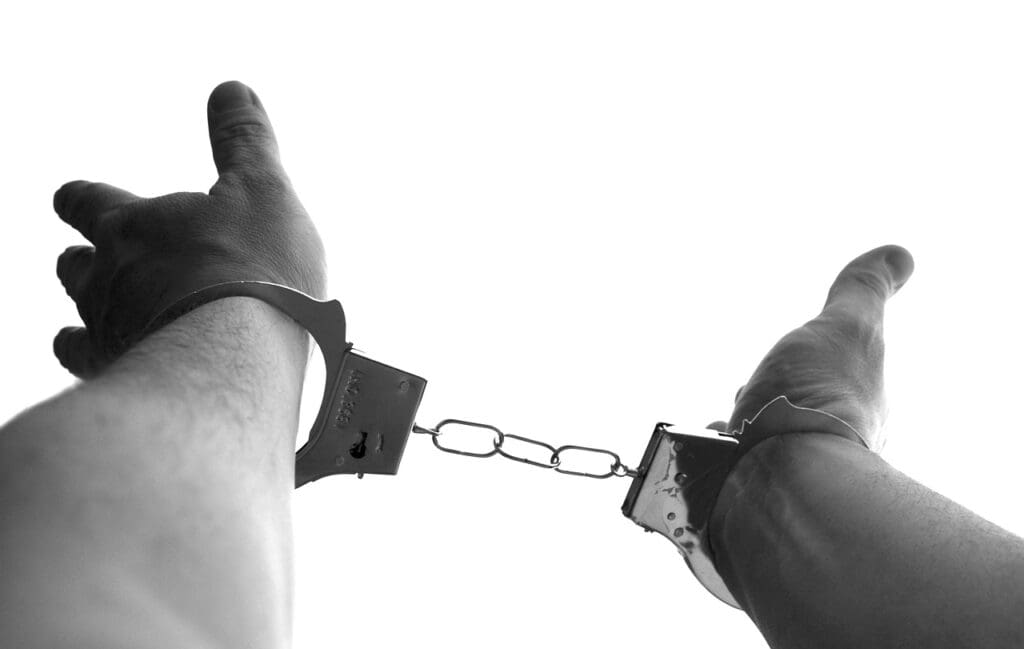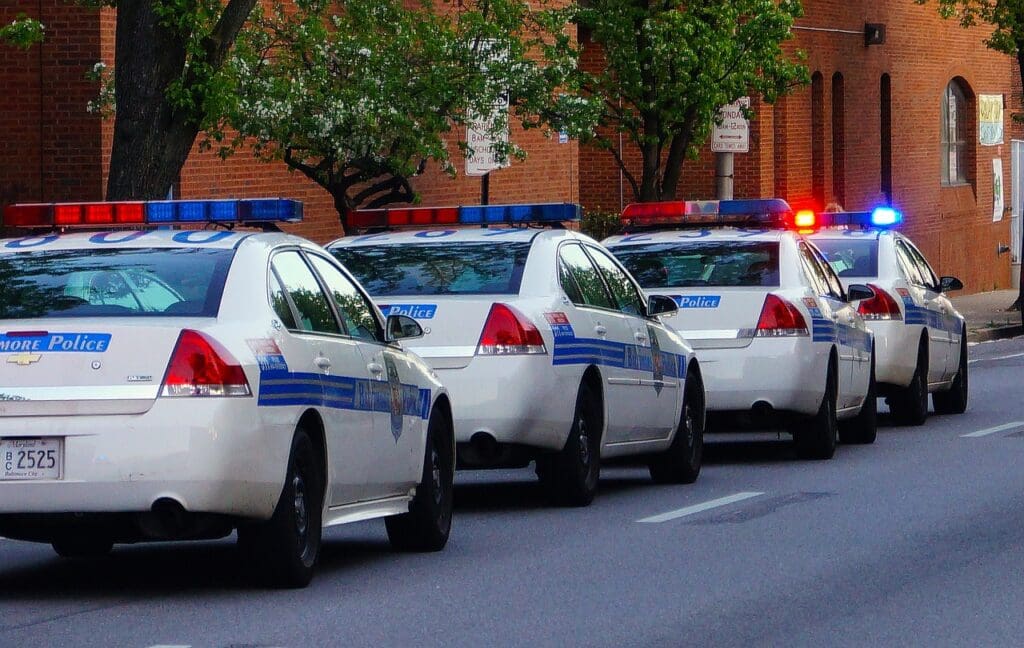Preventing child involvement in crime is an ongoing concern. Let’s discuss how schools aid in mitigating this issue.
Crime is a complicated subject, and it can have far-reaching consequences on a community and the lives of ordinary people. It’s a particular tragedy when children find themselves drawn into the world of crime via a parent or manipulative outside influence. There are often programs that take place in schools that have the intention of curbing child involvement in crime in the UK.
Everybody, from firearms solicitors to concerned parents, recognises the importance of keeping children away from people and situations where they may be exposed to crime. However, what do schools do to prevent child involvement in crime? Let’s take a look at what measures are in place to help protect the next generation from the risk of being unwilling accomplices in a crime.
The Important Role Schools Play in Crime Prevention
The various work done in schools has had a good impact on the number of crimes either committed by or aided by children. In the year ending March 2022, the number of crimes where a child was involved dropped to 33,000, which is the lowest number since records began.
It’s important to recognise that schools are often the first line of defence against child involvement in crime. Children spend a large number of their lives in schools, and when suspicious behaviour starts up or a child seems to be influenced in some fashion, it’s usually schools that spot it first.
What are Schools Doing to Help Kids?
There are many different things that the education system does to try and help safeguard children from the risk of either committing a crime or becoming involved with one. Let’s take a look at some of these measures that have been put in place to try and protect children as much as possible.
Working with the Police
First of all, schools in any given area will have strong working relationships with the local police. It’s very normal for members of law-enforcement to come in and speak to children about the importance of knowing how to support crime or how to report suspicious behaviour. They often give talks and presentations for all ages, as there is often no limit to how young children can be inadvertently involved in a crime.

Early Intervention
Schools in high crime areas will often work with children from a young age to teach them about the importance of right and wrong. This early intervention is a good way to prevent children from becoming involved in crime by taking note of any concerning behaviours. There will probably be outreach programs designed to help children living in low-income areas to be aware of the dangers of crime, as these are frequently problem locations.
There will be an emphasis within the curriculum on teaching children about different types of crime, especially as they get older. Children will be taught how to do things like call the police if they are scared, or how to report something to a teacher or other trusted adult if they are worried. This kind of education can help to give children the confidence necessary to say no to adults asking them to participate in something that is morally and legally wrong.
Setting Positive Role Models
It’s also fairly normal to have role models and build positive associations with the police. Lots of children are instinctively afraid of the police because they represent danger and have done something wrong. This kind of relationship can persist even into their teenage years, which makes them very vulnerable to anybody else who doesn’t like the police. By presenting police officers as positive role models, teachers and other adults working in education can help to break down this fear.
How Can Parents Help?
Thankfully, there are plenty of resources out there for parents who want to take a proactive stance when trying to teach children about the importance of staying safe and recognising danger when it comes to crime.
While the education system does a fantastic job at helping to prepare children to navigate a world filled with crime, there is some responsibility placed upon the parents. Caregivers have an obligation to continue teaching children the same messages while they are out of school, as consistency will help to reinforce the key ideas.
Sites like LiveSafe, NSPCC and ThinkUKnow are all valuable assets in the fight against crime. If possible, all parents should be working from the same sort of resources that school has access to, as the core messages will often be identical from one resource to another, regardless of who accesses it. However, if this is not possible, the core message about being vigilant and sensible should be carried over.
Keeping Children Safe

Keeping children safe from harm and helping them to understand the danger of crime are very important responsibilities for people in the education system. Children are very impressionable at a young age, and they can easily be misled into participating in a crime or doing something illegal if they are pressured by manipulative other parties.
Giving children the skills and confidence needed to identify when something is wrong, is very important for protecting them. Schools have a responsibility to make sure the kids are ready to face the real world, but they have to coordinate with parents to do this in the right way.

